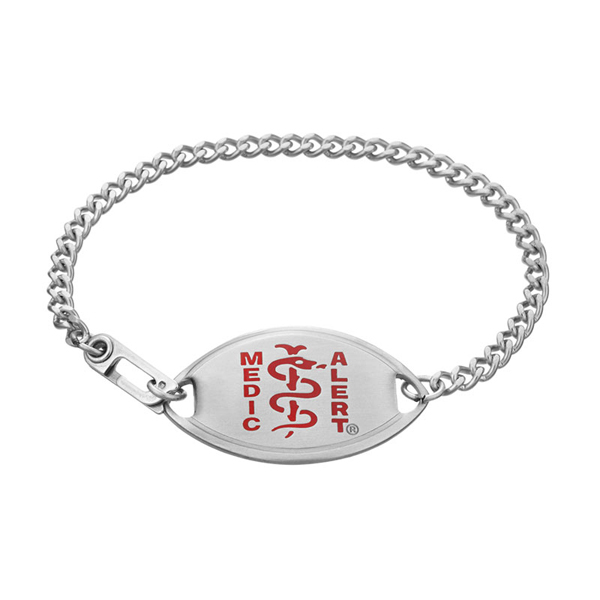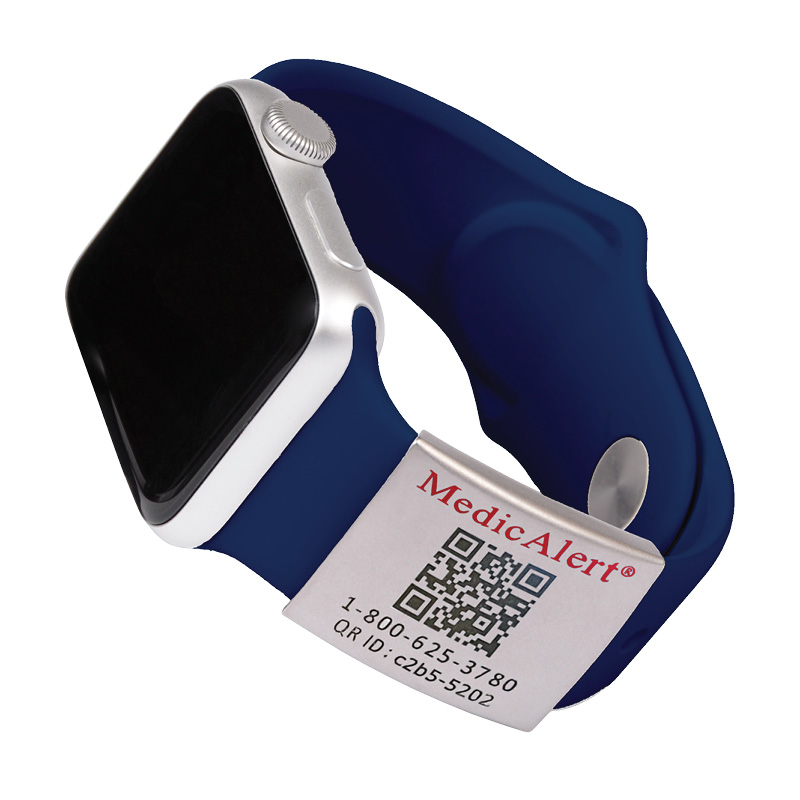As summer comes to an end, parents are preparing for the start of a new school year. For parents of children living with allergies, going back to school can be an especially stressful time.
Parents, typically, can best control their children’s exposure to allergens as well as recognize the first symptoms of an allergic reaction. At school, children are away from their parents’ watchful eye.
Kids With Food Allergies (KWFA) is a division of the Asthma and Allergy Foundation of America (AAFA), the nation’s oldest and leading asthma and allergy not-for-profit organization. It is a dedicated to saving lives and reducing the burden of living with allergies through support, advocacy, education and research.
Both KFA and AAFA recommend that you take certain steps to prepare for each school year – including creating an allergy action plan – and work them into your back-to-school routine. The time you take to prepare can help prevent incidents; but if your child does have an allergic reaction, you can ensure that everyone knows what to do.




